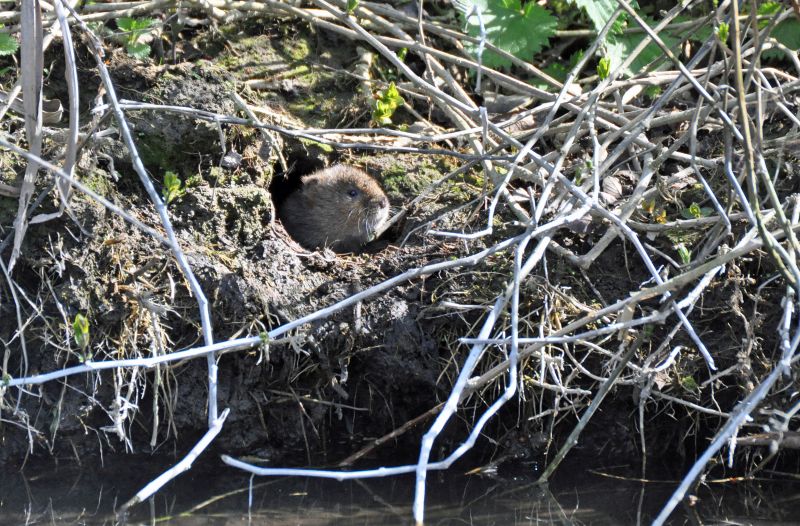
A conservation group looking to boost wildlife numbers in the Avon Valley has received funding, and will be implemented by landowners and farmers in the area.
The Game & Wildlife Conservation Trust (GWCT) has started research on Ellingham Floodplain Restoration Project, which consists of species in rich-wet grassland and rush-pasture such as breeding waders, wintering wildfowls, otters and water voles.
It follows news of official government statistics showing a decrease of British farmland birds by almost a tenth.
The project aims to reverse the decline in breeding lapwing and redshank, by the creation of hotspot sites with ideal habitat and management over the next 12 months.
The numbers of breeding waders in the Avon Valley have declined dramatically, with declines of 64% in lapwing, 75% in redshank and 97% in snipe between 1982-2002.
Similar declines have been seen across many other lowland wet grassland sites throughout Britain. Falls have also been seen within aquatic communities and for species including salmon, roach, perch and eel.
Habitat restoration
Due to these alarming figures, breeding waders have become a priority species in the valley.
GWCT ecologists, along with landowners and farmers, aim to further enhance habitat in and around the favoured nesting fields by creating six scrapes to hold water into spring and through selective pollarding of trees and scrub removal to open-up the landscape.
Project ecologist Lizzie Grayshon explains: “The GWCT has been working in the valley for 20 years, undertaking surveys, raising awareness of issues and working with landowners to initiate change.
“We host regular meetings with farmers and landowners at least once a year and, having built trust, we have started to initiate habitat restoration projects through the LIFE Waders for Real project and the Ellingham Floodplain Restoration project.”
The GWCT is an independent wildlife conservation charity which has carried out scientific research into Britain’s game and wildlife since the 1930s. It advises farmers and landowners on improving wildlife habitats.
